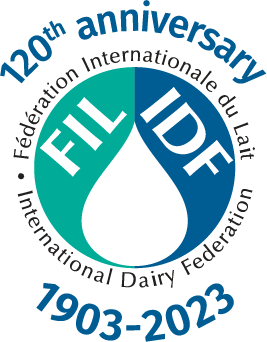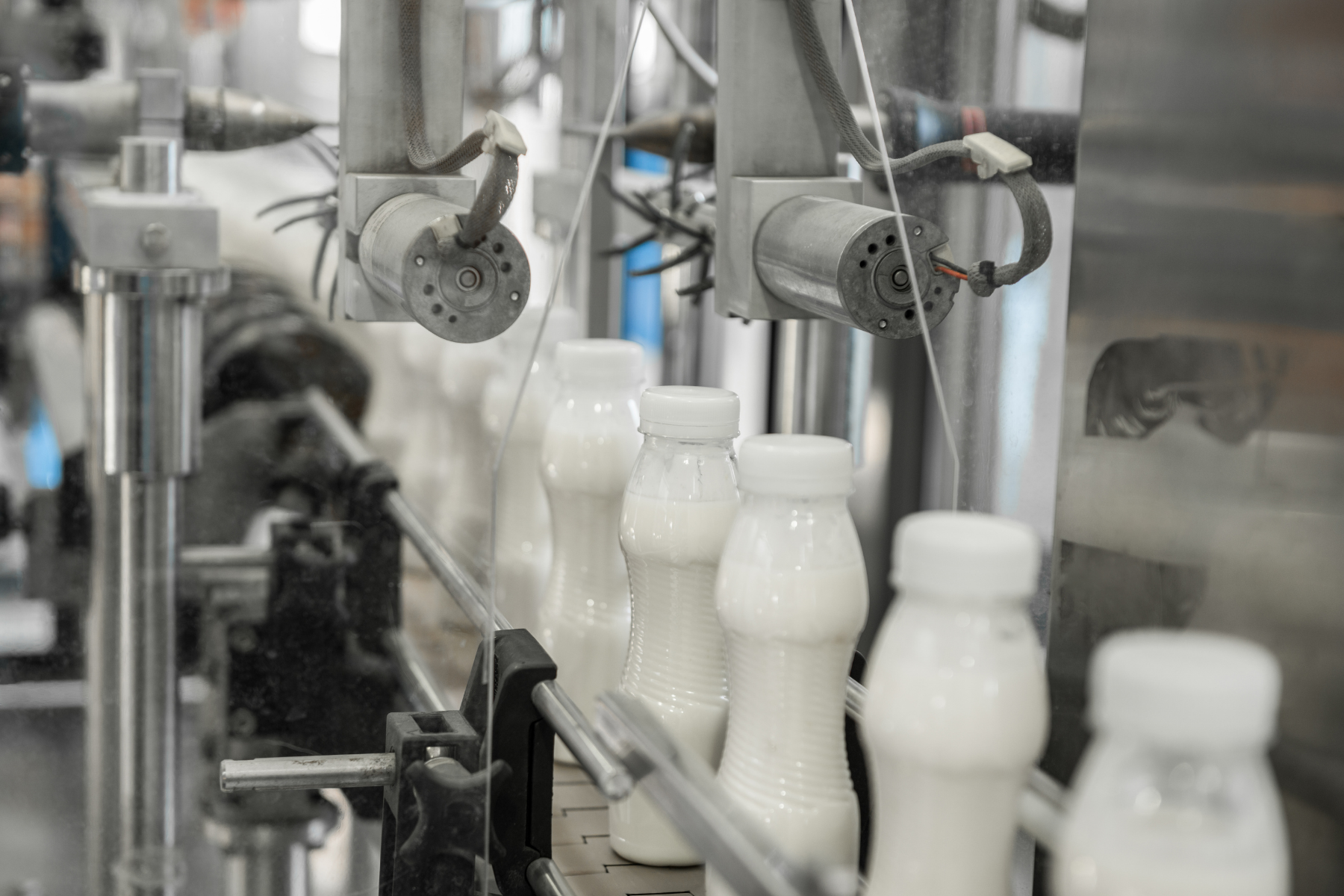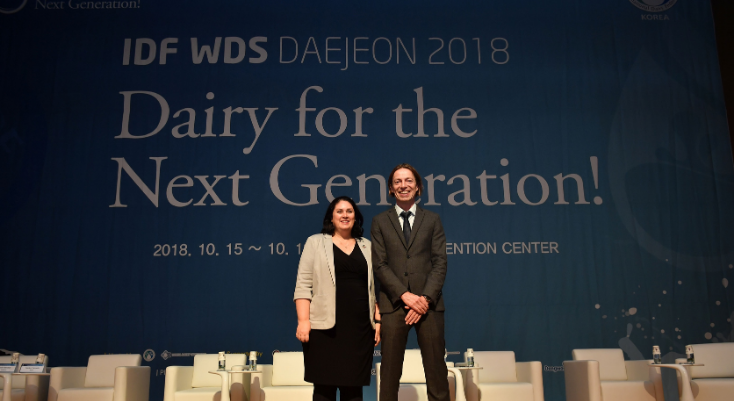

Speaking at a conference on Food Safety at the IDF World Dairy Summit 2018 in Daejeon, Korea, on 17 October, Dr Bendall explained that regulatory authorities which are mindful of their citizens’ concerns tend to impose controls against chemicals perceived to be harmful.
“Whilst regulators try to adopt a systematic, scientific approach using toxicology to focus on morbidity and mortality, consumers’ choices tend to be influenced by feelings to avoid: pain, suffering and, most importantly, worry,” he explained.
“But acting upon feelings isn’t always rational. And so it is often the case that consumers will be accepting of a large microbiological risk, rather than small chemical risk.”
Dr Bendall who was addressing the topic of Practical Food Safety Management, discussed challenges to food safety from both consumers’ values and the unintended consequences from well-intentioned regulations.
“Chemicals which are perceived to be harmful are increasingly being restricted; animal testing is become less acceptable to society; more chemicals in use mean more testing is required; and there is a strong ethically-driven trend for moving towards non-animal-based techniques in toxicology,” he explained.
The safety and quality of food products must always be based on appropriate science-based risk assessments. Dr Bendall pointed out that the dairy industry suffered for decades because of bad science misidentifying dietary exposure to saturated fat with the health effect of coronary heart disease. Such faulty assessments, he emphasized, can distract effort away from real food safety risks.
“Both the dairy industry, and our regulatory authorities, need to focus their efforts on managing those risks that can cause us harm.”















